Website Indexation Scores
Your website indexation scores represent our opinion of where your site complies and fails industry best practices for getting indexed within the search engines. Â While not catastrophic, your scores are not ideal and there is a lot of opportunity to achieve better indexation and higher rankings.
Quick To-Do's
-
Optimize SiteMap
-
Fix Discrepancies in Bing and Yahoo
Your Auditors Comments:
Once search engine bots can crawl and access your website, they then compare your site with others in your industry and related market. A determination is made on how “worthy” your site content is of being indexed. This area of the report addresses common problems with indexation and how to resolve them.
Also, Bing and Yahoo both use the same Webmaster Tools.
What is Website Indexation
Why is Website Indexation Important?
Where Can I Learn More About Indexation
Web Accessibility Matters - Video
Website Indexation Findings:
There are some serious concerns with the number of pages indexed in the engines and implementing the fixes in the previous section would go a long way to addressing these concerns. Ideally, there should not be more than 25-30 core site pages and blog posts should be categorized and links associated as needed to ensure that pages are not competing with each other for the same keyword rankings. Â Google no longer considers the quantity of content to be important and it is a detriment if Google thinks that content is geared mostly to influence search rankings.
Our findings show that there the discrepancies in your sitemap and the lack of optimization on the page level are impacting your ability to rank and gain organic traffic.
Tests That Failed:
Indexation of Content: Failed
- Google: 376 in sitemap / 425 pages indexed total, 281 of which are in the sitemap.
- Yahoo: 376 in sitemap / 43 pages indexed
- Bing: 376 in sitemap / 43 pages indexed
The images below show your sitemap indexation from within Google Webmaster Tools as well as some of the errors that the search engine bots are encountering.
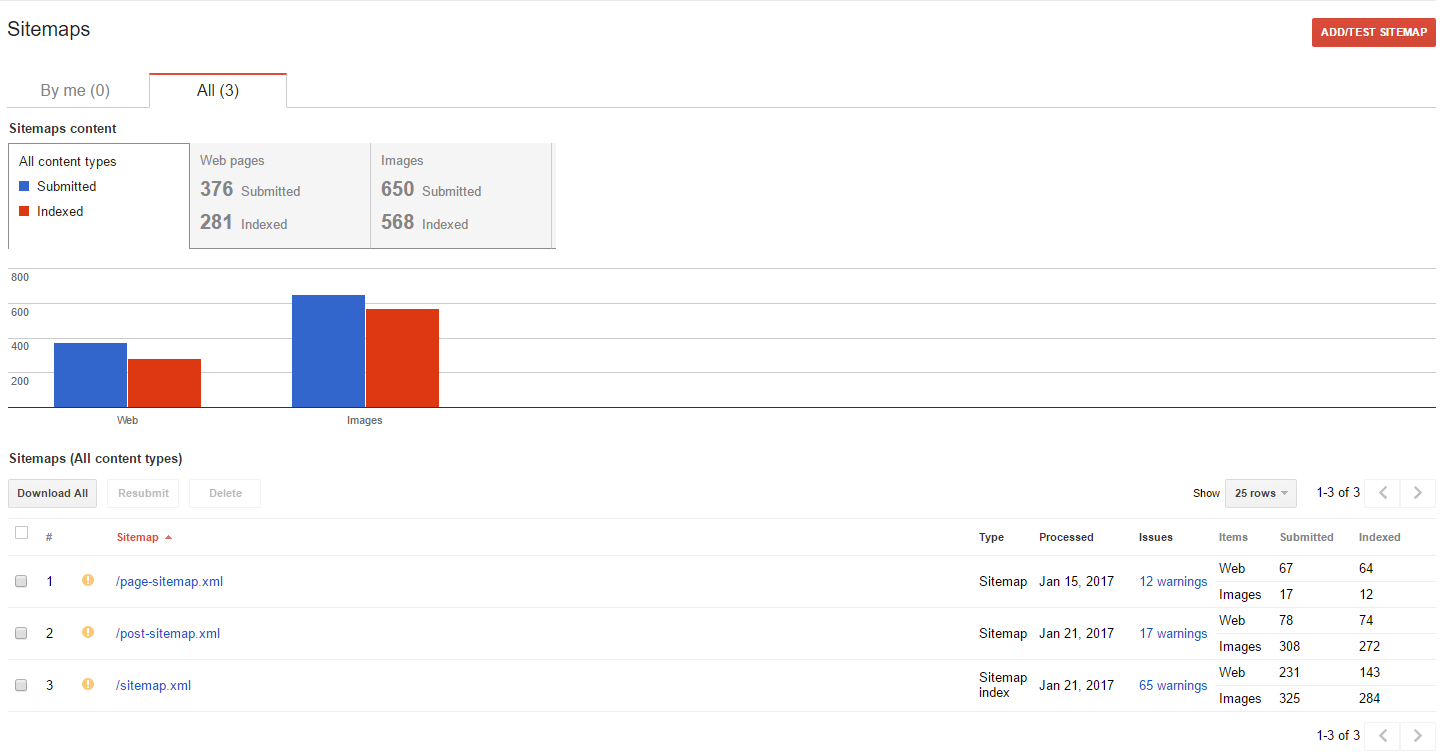

Indexation of Images: Failed
- Google: 650 images listed in sitemaps / 588 images indexed in Google
- Yahoo: 650 images listed in sitemaps / 26 images indexed
- Bing: 650 images listed in sitemaps / 26 images indexed
The screenshots below show the current image indexation results.
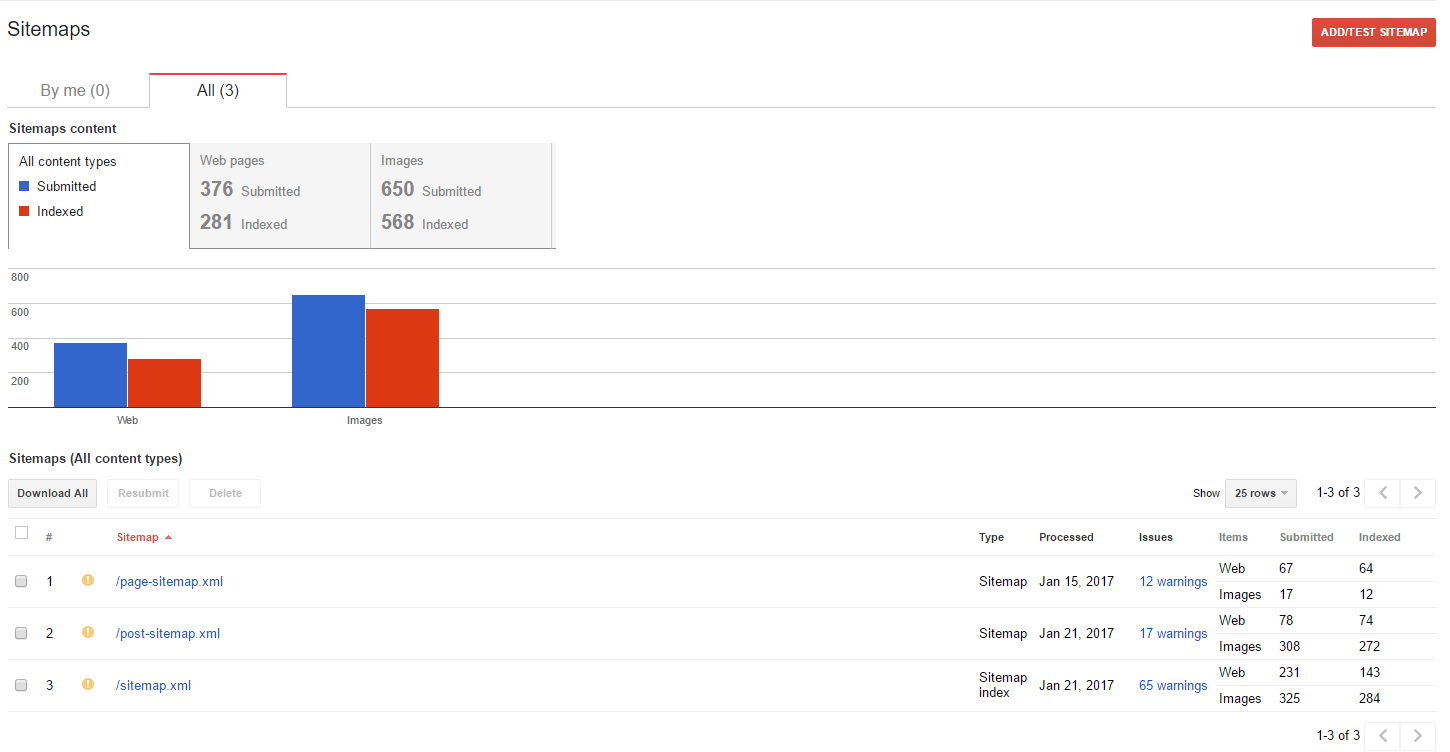

Indexation Bloat: FAILED
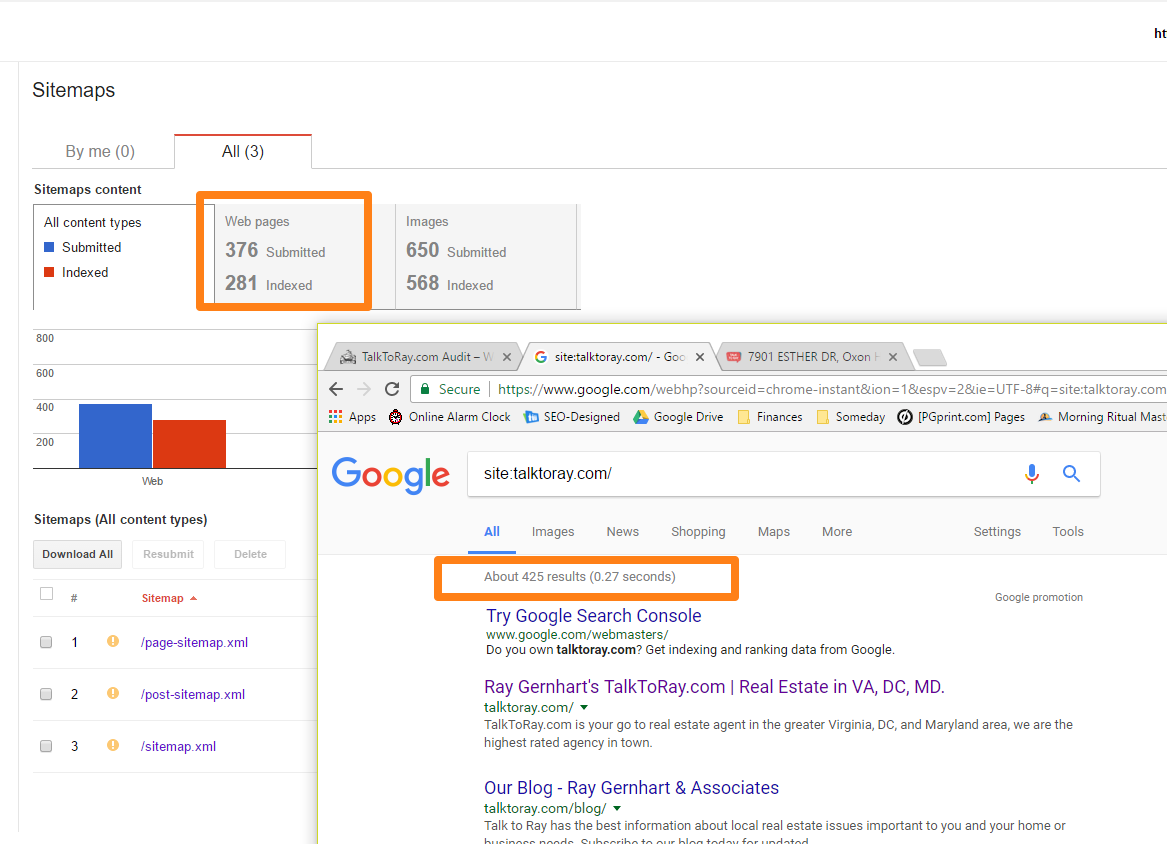
Tests That Passed:
Site: Command: PASSED
This is an indication that there is a lot of mixed signals being sent about your content and that the site is in need of a bottom down review of site content, especially from within the sitemaps. Having this many pages in the index is diluting your ranking potential and sending mixed signals to the search engines about what pages are most important to you. Worse still, there are over 100 pages that are not indexed at all but still competing with site content.
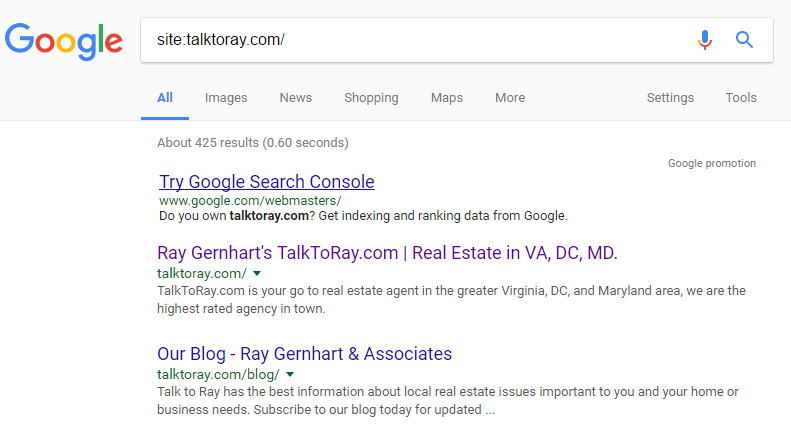
Brand Searches: PASSED
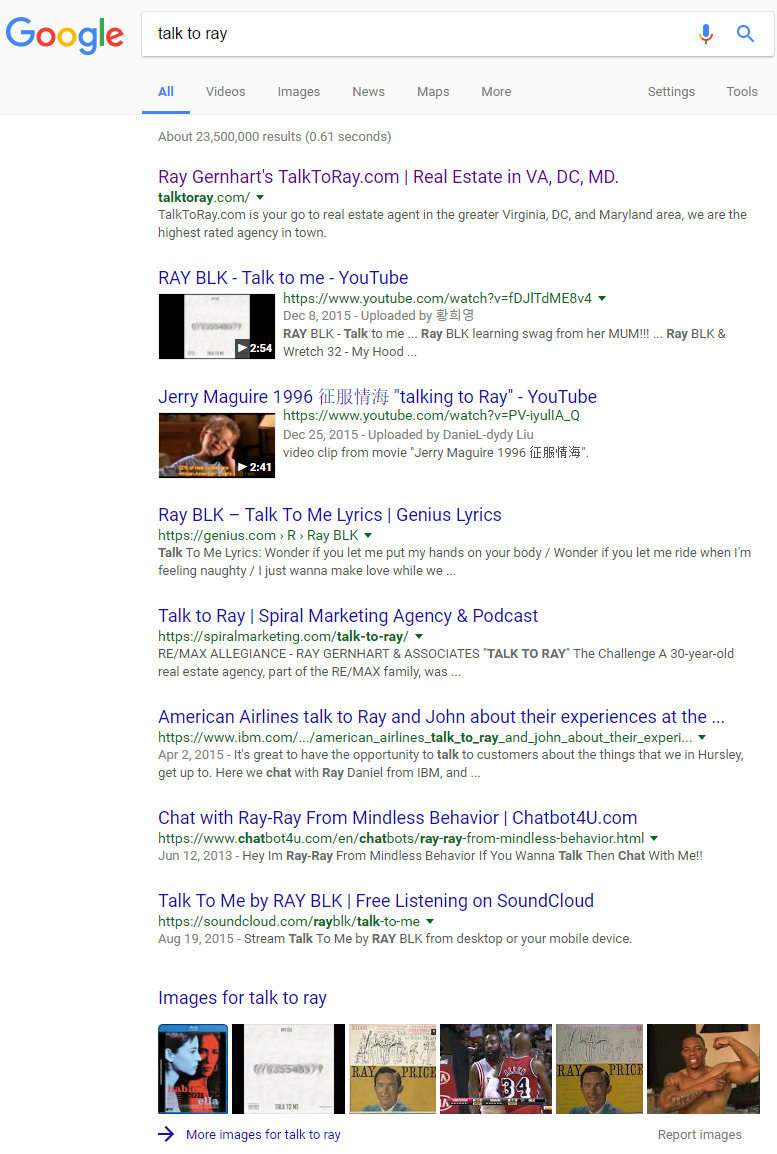
Search Engine Penalties: PASSED
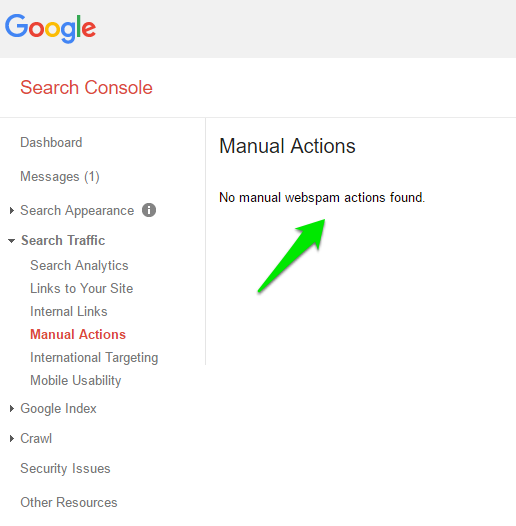
Website Indexation Recommendations:
We suggest starting with fixing your sitemap files. Â The WordPress plugin being used can be fine tuned and/or the sitemaps manually adjusted to remove most of the unimportant pages. In the end, each and every page or image within your sitemap should have a purpose and be manually reviewed to ensure it belongs.
Only then can you begin addressing pages that are indexed that should not be. Â This back and forth between your website and the search engines is one of the most important ways you can position your website to rank well.
Fix Sitemap Problems
Often this can be done by switching on NOINDEX/NOFOLLOW or deleting the resource in question and redirecting it (if needed).
You can see a great video on how to address this issue below:
You also might want to read the following:
Fix Discrepancies in Bing and Yahoo
We suggest registering with Bing.com’s Webmaster tools to better establish the relationship between your website and the alternative search engines, including Yahoo. Â Once completed, you will have a better understanding of where problems lie and how to address them.
Here are some additional resources to get you started resolving your Bing and Yahoo indexation problems.
Would You Like Coaching or Direct Assistance in Fixing These Issues?
We understand that some of this technical work can be complicated and overwhelming. Â We would like to help. Â Our UNLIMITED CONSULTATION upgrade will allow us to COACH you through each issue as needed. Once you resolve a problem, let us know and we will re-compute your audit results and ensure that the fix was done correctly and is no longer a problem.
In addition to UNLIMITED CONSULTATIONS – we will create a custom video tutorial on any fix that is complex or that you are having difficulty with. Â You can use these video tutorials as a customized “walk-through” solution, allowing you to do the work only a highly trained professional would know how to do – at a fraction of the cost! Videos are made on request only and require a 72-hour turn around.
This is a great option if you need help, or want to delegate this work to your staff or someone else on your team.
Did You Fix a Problem?
Have you already fixed this and would like to use one of your review credits to have us re-score your accessibility results? Â Simply click below to have your auditor check your progress!
Your Audit includes up to (3) three “rechecks”. Â Our records indicate that you have not used one of your three credits to have us re-evaluate your results.
Unlimited Consultations, Reviews and Video Training
Sure, you can probably do some of this work yourself.  But, we are here to help and we have no desire to ‘nickel and dime’ you. Our UNLIMITED package is perfectly designed to give you direct coaching on issues you want to resolve yourself while providing you all the years of combined experience our team has through the use of customized video training.




